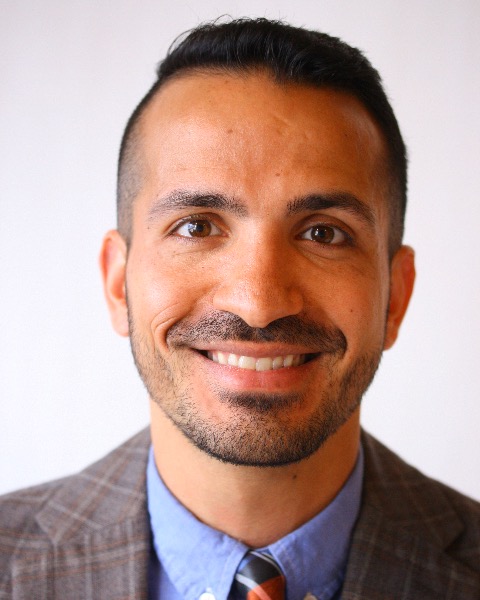LGBQT+
The Impact of a Self-Affirmation Writing Intervention for Sexual Minority Adolescents on Mental Health
(PS1-C61) The Impact of a Self-affirmation Writing Intervention for Sexual Minority Adolescents on Mental Health
- DC
Diana J. Cox, M.A.
Clinical Psychology Doctoral Student
American University
Bethesda, Maryland - KG
Kathleen C. C. Gunthert, Ph.D.
Associate Professor
American University
Washington, District of Columbia 
Ethan H. Mereish, PhD
Associate Professor
American University
Washington, District of Columbia
Author(s)
Co-Author(s)
Sexual minority adolescents (SMA) are at higher risk for adverse psychological health outcomes compared to their heterosexual peers (Marshal et al., 2011). This disparity is often explained by the minority stress model, which posits that experiences of unique stressors (e.g. minority stress) related to one or several minority identities drive poor health outcomes for SMA (Meyer, 2003). Effective, low-cost, and brief interventions are needed to address this disparity, yet there are few interventions that are empirically supported, tailored to adolescence, and accessible to SMA. Researchers have emphasized the importance of affirming SMA and their identities, but no adolescent interventions to date have focused solely on a self-affirmation approach. Self-affirmation facilitates a sense of worthiness through reflections on personal values and strengths, and it is often studied through expressive writing tasks. Research suggests that self-affirmation interventions may be especially useful for individuals that experience stigma and discrimination, such as SMA (Craig, 2013). The purpose of this pilot study is to investigate the efficacy of a self-affirmation writing intervention on improving mental health outcomes of SMA. We hypothesize that there will be a larger reduction in depressive and anxiety symptoms for participants who engage in self-affirmation writing tasks compared to participants who engage in neutral writing tasks.
Participants will be recruited from the community and LGBTQ+ events (i.e. Gay-Straight Alliances, Pride events) in the Mid-Atlantic region. Based on the results of a power analysis, 50 participants will be recruited. Participants will be randomly assigned to the control condition and a self-affirmation writing condition. Participants will be included if they are 14 to 18 years old and identify as a sexual and/or gender minority. Participants will complete baseline and post-intervention measures assessing depression and anxiety symptoms. Participants in the self-affirmation writing condition will complete five consecutive days of self-affirmation writing prompts (e.g. “What do you think are positives or strengths of being LGBTQ+? How does reflecting on these strengths make you feel?”), while participants in the control condition will complete five consecutive days of neutral writing prompts (e.g. "Describe in detail what you've done since you've woken up this morning"). One month after their participation in the study, participants will also complete a follow-up survey that mirrors the baseline and post-intervention measures.
Repeated measures ANOVA analyses will be used to compare the pre and posttest outcomes across groups. We anticipate that the results from this study will support our hypothesis that participants in the self-affirmation writing condition will experience a greater reduction in anxiety and depressive symptoms compared to the participants in the control condition. The findings from this study may help expand the current literature of potential interventions available for SMA struggling with mental health concerns.

